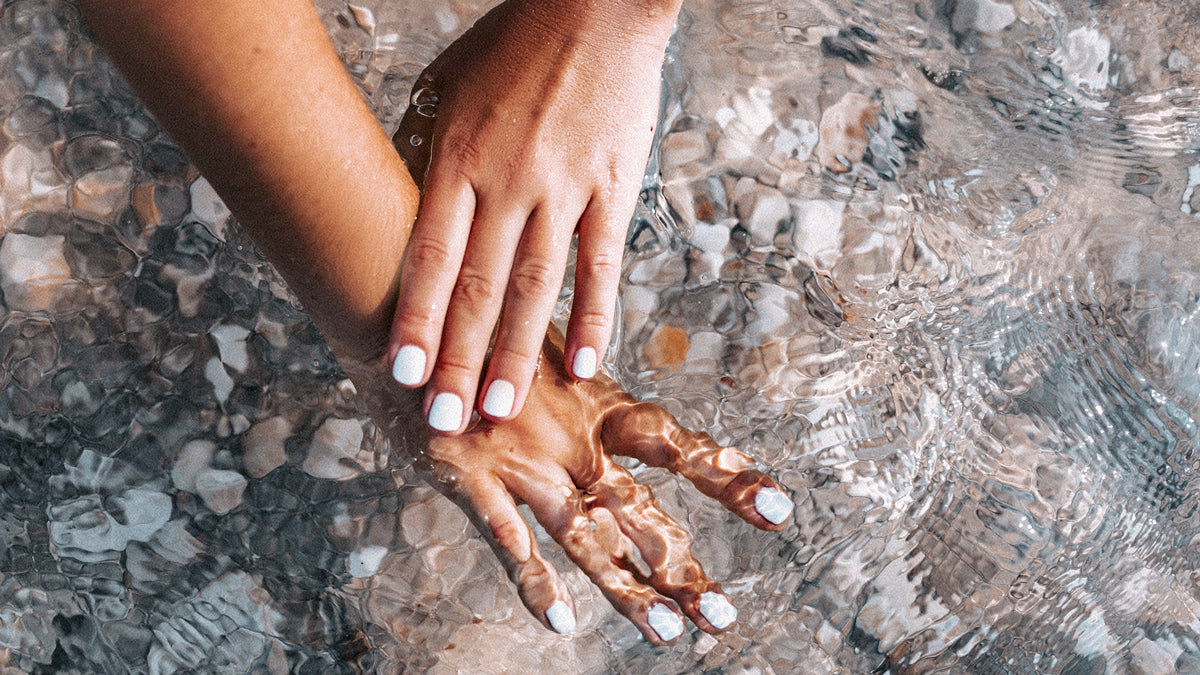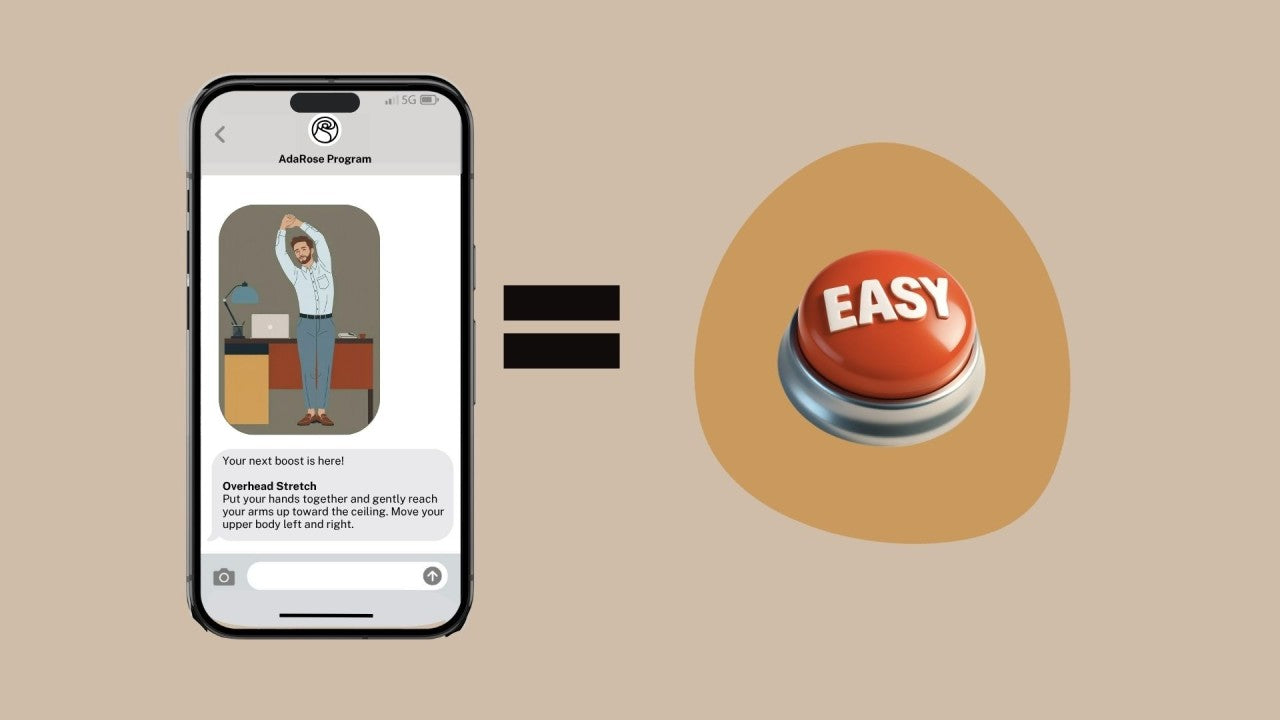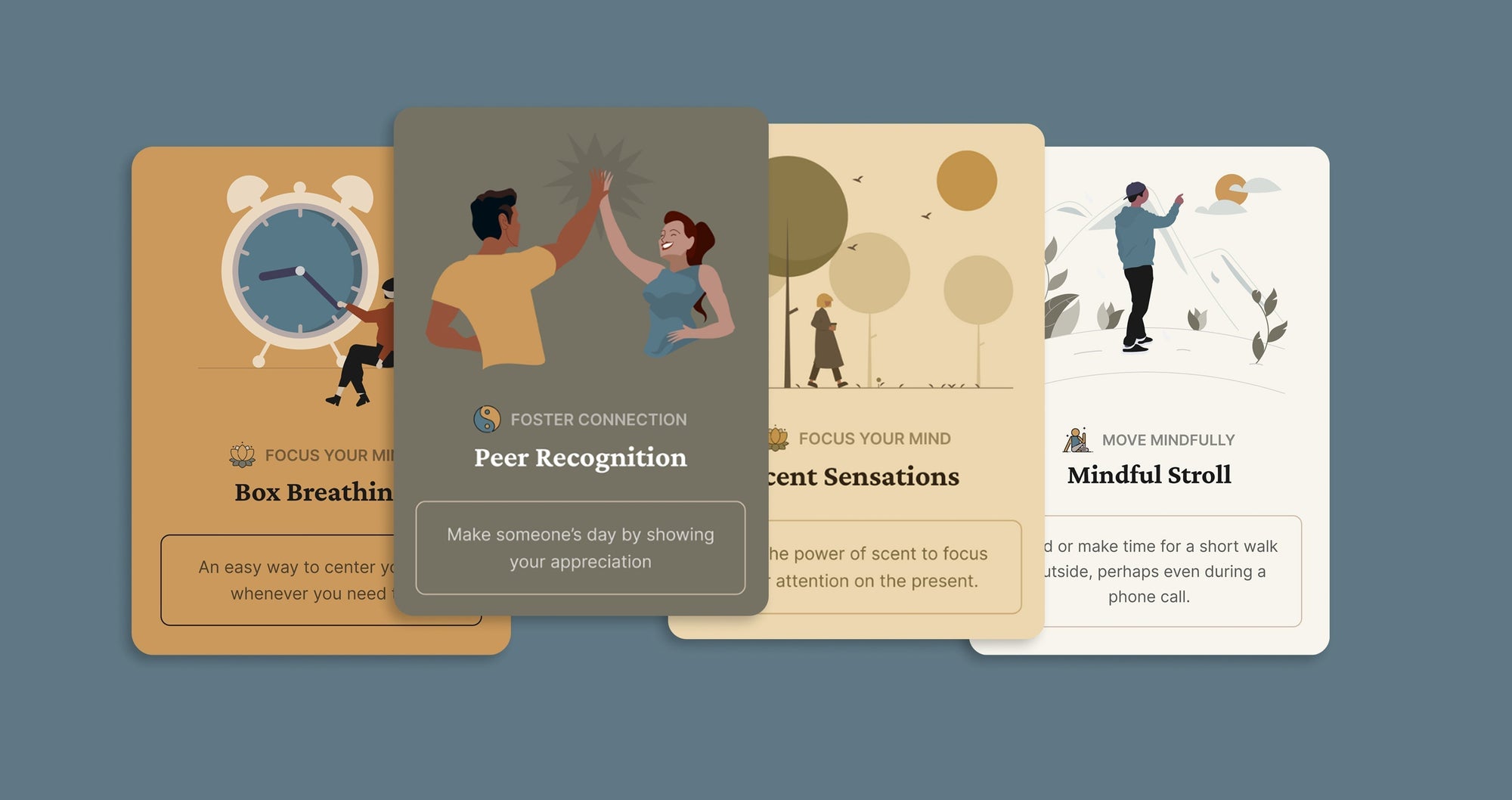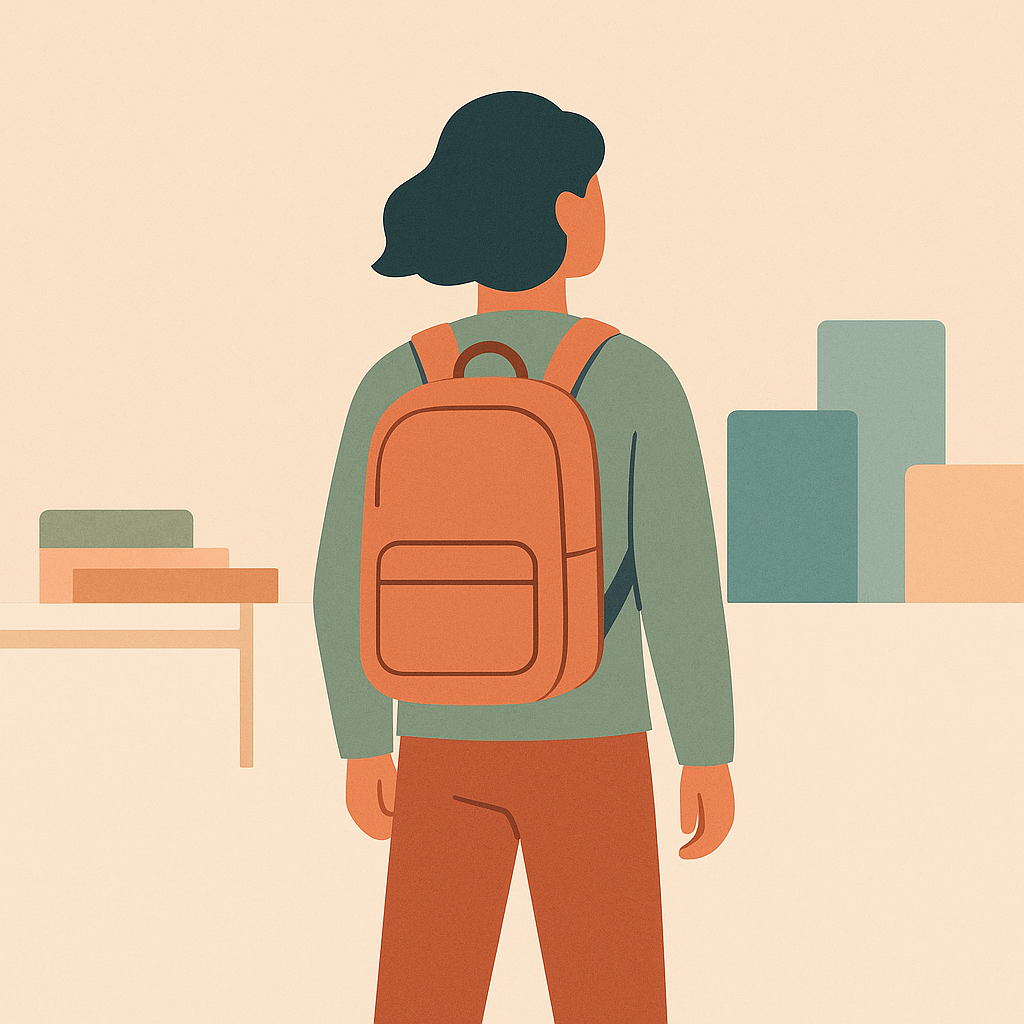"Self care" means different things to different people, but regardless of how you do it, it's meant to help you feel better both physically and mentally.
Things you enjoy doing during the daytime to lift your mood and help you feel more confident—such as working out intensely or being very productive—might not be the same things you'd want to do just before bed. So what should you do for self care at night?
Ultimately, it depends on whatever helps to bring you joy and allows you to feel calmer. Ideally, your nighttime self care routine should set the stage for restful sleep, and therefore it's a good idea to avoid anything too stimulating—like watching stressful news shows or scrolling social media apps on your phone.
Instead, try things that feel grounding like yoga, reading, journaling, taking a walk, and/or ending the day with a soothing bath or shower.
What Should be in Your Nighttime Routine
How do you take care of yourself before bed? Whether you have 20 minutes to unwind at night or 2+ hours to devote to relaxation, here are some suggestions:
1. Create a skincare routine
Taking good care of your skin doesn't have to feel like another obligation. Instead, view it as an opportunity to show yourself love and self compassion, while also improving your appearance.
Your ideal nighttime skincare routine will depend on factors like your age and skin type, but the basics should include: cleansing, possibly toning or using a face mask, applying a serum (such as vitamin C or retinol), and then moisturizing.
If you're interested in learning more about skin-loving products and how to use them, consider checking out this blog post: FAQs for Skin Care Products.
You can also enjoy expert guidance from a Licensed Esthetician in the AdaRose Spa in a Box who walks you through an at-home facial, including a facial massage and mask application, plus a hand massage!
2. Stretch and move (but not too vigorously)
By the end of the day our bodies tend to hold a lot of tightness and tension, especially in areas like our shoulders, neck, and back. Doing some basic stretches, or a quick yoga routine if you prefer, is a smart way to relieve stiffness and unwind.
The AdaRose Work Break in a Box offers instruction from a Physical Therapist who guides you through stretch and strengthening exercises, plus a pressure point massage, to do from the comfort of home.
Going for a walk outside after dinner is also naturally relaxing, plus a good way to enhance digestion.
In addition to adding some gentle movement to your nighttime self care routine, try mind-body exercises that can help your muscles and mind feel less tense.
Mindfulness meditation, muscle relaxation (i.e. a "body scan"), or deep breathing exercises are all great options since these stimulate your parasympathetic nervous system which allows you to "rest and digest."
3. Plan for the following day
It's easy to feel frazzled in the morning if you wake up feeling like you have tons to do. This energy can carry into the rest of your day, leaving you feeling stressed out at night.
When you're ending your day, think about what you'd most like to get accomplished the following day, and then ask yourself if there's anything you can do to prepare. For example, lay out your outfit for the next morning or pack a healthy lunch the night before. This way you're set up for success and more likely to have a mindful morning.
Experts suggest that you should only choose one or two key tasks to focus on first thing in the morning the following day—this way you limit distractions and feel less overwhelmed.
If it helps to put your mind at ease, use free time at night to write a schedule and to-do list for the following day. One study found that adults who wrote to-do lists at night tended to fall asleep more easily.
4. Read something inspiring
Whatever you read late at night is bound to circulate through your mind while you're trying to sleep. So be selective about what types of content and ideas you expose yourself to when your goal is to relax.
Reading fiction or self-help books at night are popular choices, considering they can help you "get out of your own mind" or distract you from distressing thoughts.
It's up to you what type of content suits you best, whether it's blog articles focused on topics you like, such as a cooking magazine, or spiritual texts that help you feel more connected.
That being said, if possible, read a physical book or magazine instead of those displayed on a computer or tablet, since blue light emitted from electronic devices can cause you to feel alert and disturb your sleep.
5. Journal your thoughts
There are so many uses for journaling and mental health benefits that you can experience when you make it a regular habit.
Whether you like keeping a "gratitude journal" to jot down daily events that made you happy, or a "worry dump journal" in which you get distressing thoughts out onto paper, you're bound to feel more clear headed when you write at night.
One study even uncovered that gratitude journaling can help reduce inflammation because of its de-stressing effects.
Don't worry about journaling perfectly or even writing anything that would make sense to others; simply let your thoughts flow and use it to gain self-awareness and perspective.
Bonus tips:
While the tips below might not feel like "self care," they're still important to keep in mind so that you don't feel wound up at night:
-
Limit caffeinated beverages during the day and especially at night, since these are stimulating and might delay you falling asleep.
-
Try to avoid using electronics (like your phone, computer, tablet, or even TV) during the two hours leading up to bed.
-
Give yourself time to digest food before laying down. If possible, finish dinner about 2-3 hours prior to bedtime.
-
Go easy on alcohol, especially at night. It might initially make you feel sleepy, but alcohol spikes your blood sugar and causes a crash that might have you feeling jittery and alert in the middle of the night.





